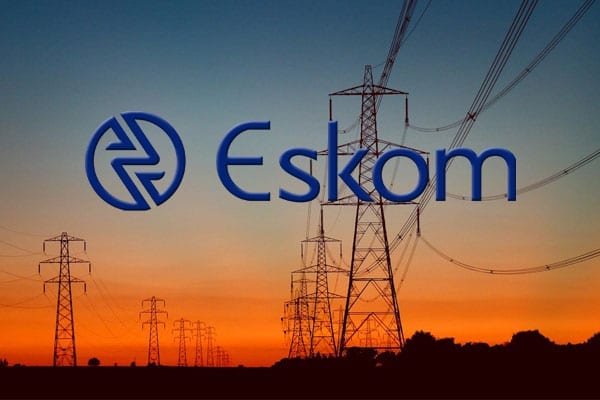 Eskom is another of South Africa’s state-owned enterprises that had its outlook dropped from stable to negative last week.
Eskom is another of South Africa’s state-owned enterprises that had its outlook dropped from stable to negative last week.
Economist suggest long term plan for Eskom
Econometrix economist Rob Jeffrey said that it was “critical that a long term plan is in place for Eskom to remain a main generating unit”. The power utility’s leadership was also recently publicly scrutinised after its now former CEO, Brian Molefe, was implicated in former public protector Thuli Madonsela’s State of Capture Report. She had questioned his relationship with the infamous Gupta family and a coal contract with the family’s Tegeta mining company.Last month Molefe resigned from Eskom in the “interest of the company” despite some pleas from staff members for him to stay on at the power utility.
Earlier this year, Eyewitness News reported that Molefe said the Guptas were nice people and that they were unfairly treated by South Africans. “It’s a bit unfair to people of colour, without getting facts,” Molefe said. In November, Madonsela’s report revealed that Molefe had been in contact with Ajay Gupta on numerous occasions and awarded Tegeta a multimillion rand contract. Just before Molefe resigned, he told the media that Madonsela did not give him a chance to explain himself. “What pains me the most is I never had the opportunity to explain what I’m saying now, to advocate to Thuli Madonsela,” he said. Matshela Koko, Eskom’s current acting CEO said he would continue with the work that Molefe started.






